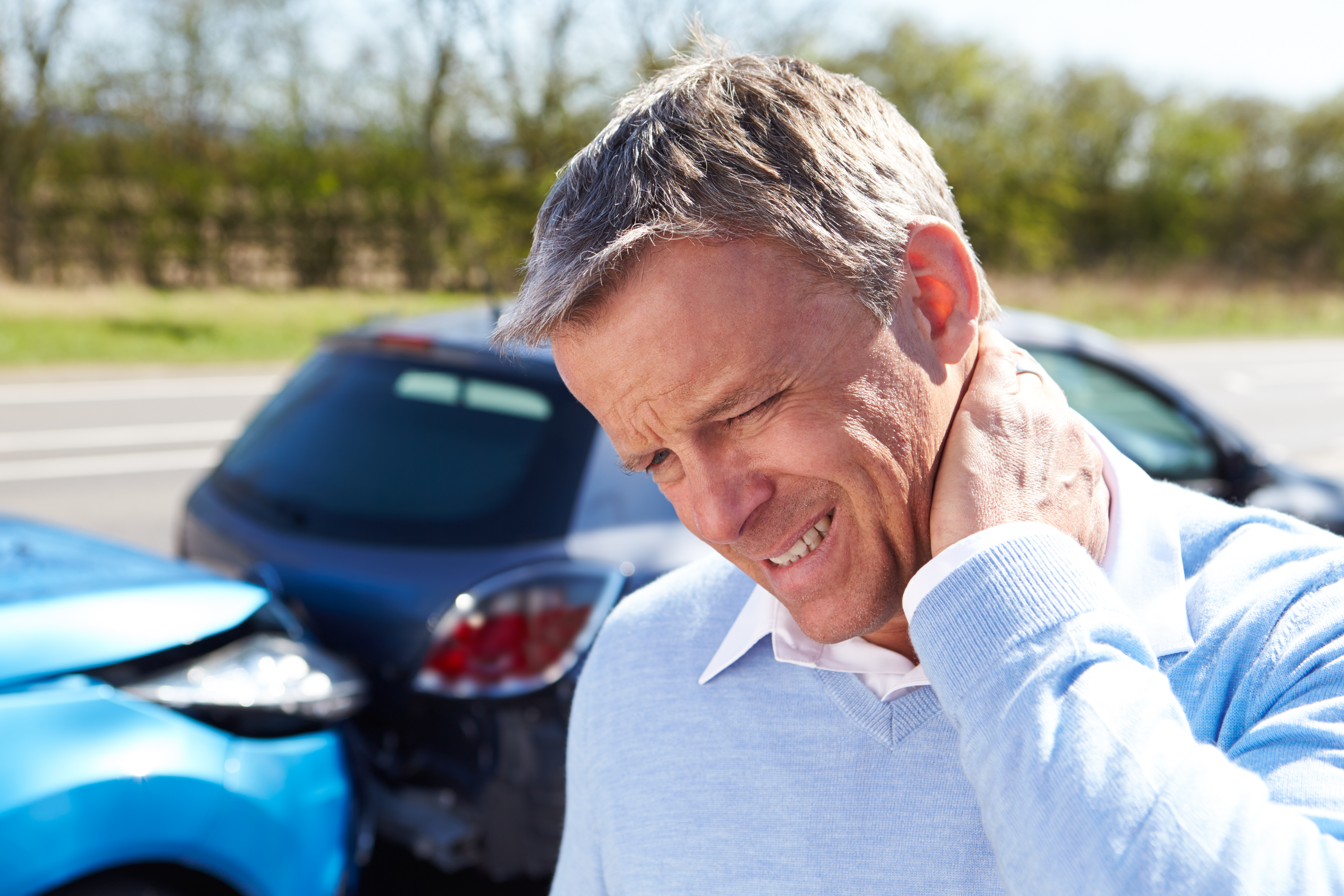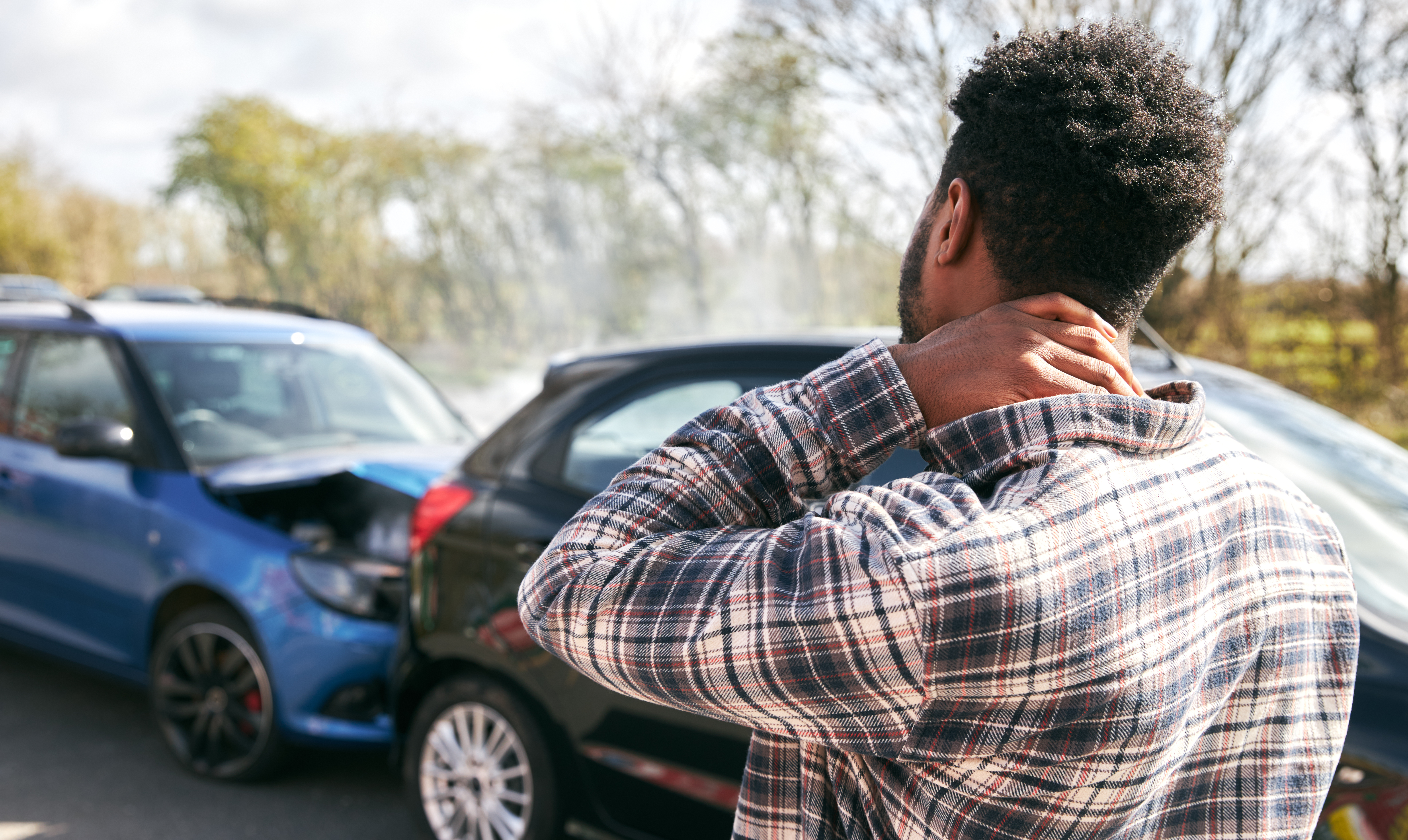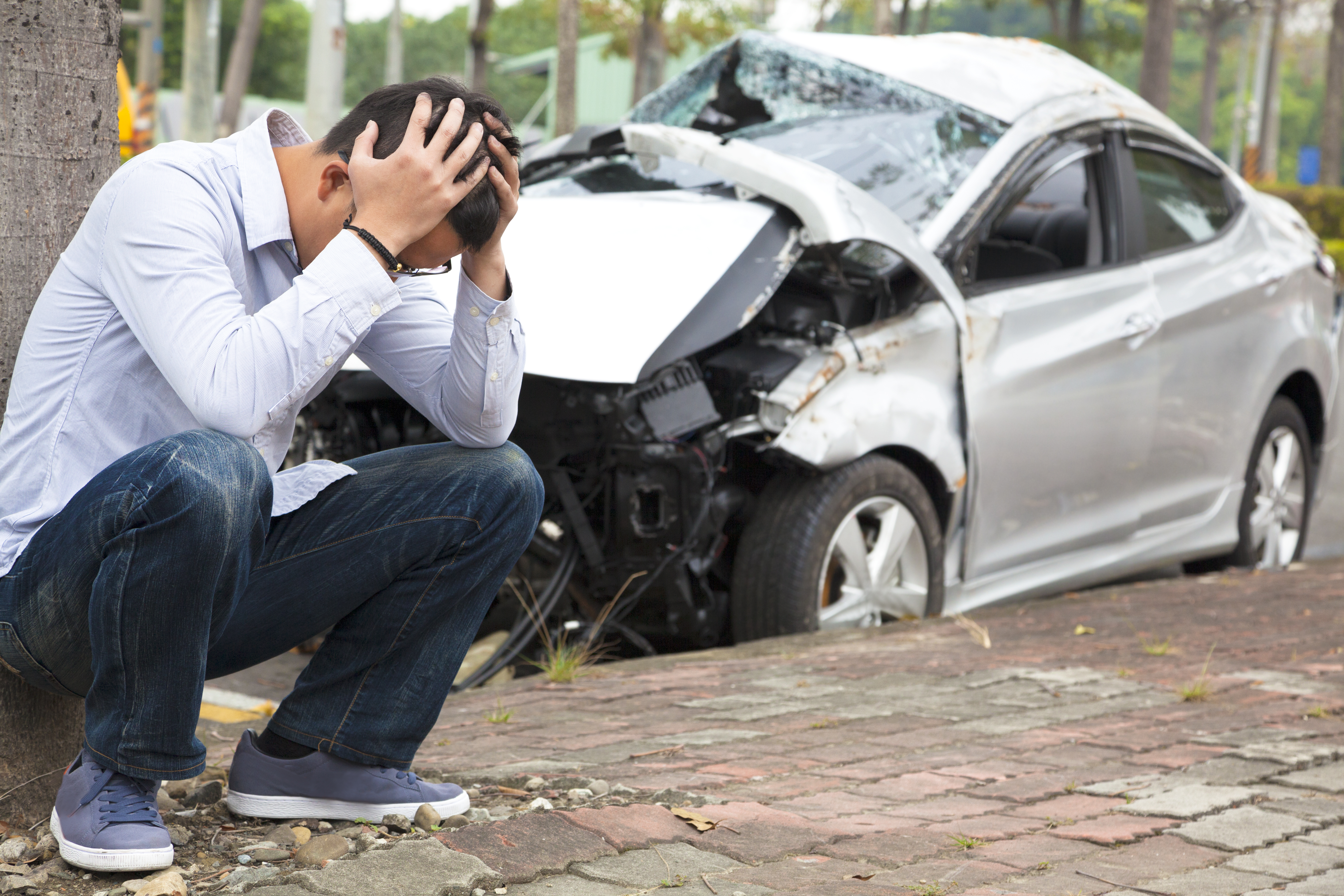What You Should do After an Auto-Related Injury
A car crash is a traumatic experience. Regardless of whether it is a mere fender-bender or a severe crash, it is seriously frightening for anyone involved.
Even if you are not in pain immediately following a car crash, adrenaline and shock may mask underlying injuries and conditions. Therefore, it is always better to take your health seriously and ensure that you are not injured following the crash.
In this blog, learn about what to do after car accidents, common auto-related injuries, and how to manage lasting pain that results from a crash.
What to Do After a Vehicle Crash
After a car crash, the real question is what kind of medical care you should get—not whether or not you should seek medical care. Even if you think you’re in perfect health following a car crash, you should always get a second opinion from a medical professional.
If you have a severe accident and receive a serious or life-threatening injury, immediately visit the emergency room. An emergency room is designed to handle emergencies quickly and efficiently.
They have the training and equipment to handle life-threatening situations that cannot afford to wait. Visit an emergency room if you have any of the following symptoms:
- Difficulty breathing
- Loss of consciousness
- Uncontrolled breathing
- Severe burns
- Seizures
- Loss of sensation
On the other hand, urgent care centers are very well equipped to handle a variety of situations, but are designed for minor to moderate-level injuries. Therefore, if you experience any of the following symptoms, urgent care is your best course of action:
- Headaches
- Minor back pain
- Cuts or lacerations
- Broken bones
- Whiplash
- Muscle strain
Even if you do not have any symptoms following your crash, we still advise getting a physical examination. Symptoms can take time to develop and can get worse if left untreated. Therefore, head off any future problems by having your physical health examined by a medical professional.
Common Injuries From Car Accidents
Depending on the severity of the incident, a number of injuries can follow. Some of the most common auto-related injuries include:
- Cuts or lacerations
- Soft tissue injuries
- Head injuries
- Bone injuries
- Blood clots
- Neck and back injuries
Cuts or Lacerations
When a vehicle impacts another object, the belongings in the vehicle can become dangerous projectiles. Your coffee mug, phone, bags, and books can scrape or pierce the skin of any passengers if they are flying fast enough. In addition, airbags can push objects into passengers’ skin when they deploy.

Luckily, most cuts and lacerations do not need any medical treatment outside of a bandage. However, for the cuts that are deeper and will not heal on their own, stitches are required.
Soft Tissue Injuries
A soft tissue injury damages the body’s connective tissues. Such connective tissues may include muscles, ligaments, or tendons. Of all the auto-related injuries, some kind of soft tissue injury is the most common.
Very often, a whiplash injury to the neck or upper back occurs when the car stops very violently. The muscles and ligaments are stretched too far and then snap back into place.
Those who experience a whiplash injury often experience neck and back pain. Most whiplash injuries will heal with the help of ice and over the counter pain relievers. In some cases, people may need physical therapy to heal. Regardless, surgical intervention is rarely needed, with neck injections often being the most extensive measure required.
Brain Injuries
During a car crash, a blow or jolt to the head is not uncommon. Even if the head does not strike anything, the force of the head whipping back and forth during a crash can be enough to cause the brain to hit the skull.

If a crash throws a passenger’s brain against their skull, their brain can be bruised or damaged. This may cause bleeding in and around the brain. If left untreated, such bleeding can be fatal or result in lifelong health problems.
Bone Injuries
The same jolt that can result in a brain injury can also harm a passenger’s bones. If their arms, legs, or chest collide with the vehicle upon impact, a number of bone injuries can occur. Bruises, sprains, and breaks are common to see in the aftermath of a car crash.
While bruises and sprains will heal without surgical intervention, a severe break may require surgery to set.
Blood Clots
Internal injuries and bleeding are another common auto-related injury. However, you may not even realize that you have an internal injury until it is too late. Often painless, internal bleeding can cause blood clots that can cause serious health problems and even death.
Because blood clots are nearly impossible to detect without medical attention, you should always see a medical professional after a crash to head them off. If a doctor thinks that you are at risk of blood clots, they can be avoided through blood thinning medication or surgical intervention.
Neck and Back Injuries
Neck and back injuries are among the most common injuries from car crashes. Additionally, they can have some of the most severe long-term consequences.
Immediately following a car crash, people may not feel any pain or discomfort in the head or back. Even if they do feel minor discomfort in the form of a headache, they often attribute it to the stress from the crash. However, delayed back pain after a car accident is very common.
Because a car crash triggers the fight or flight response which releases adrenaline into your bloodstream, the body ignores pain in the moment to help you get out of the dangerous situation. It can take hours for the adrenaline to leave your system, meaning that you may not feel the severity of your neck or back injury until after you get home.
Therefore, a pain-free neck or back in the moments following a car crash does not indicate an injury-free neck or back. Common symptoms of delayed neck and back pain include:
- Decreased hearing or vision
- Feelings of tingling or numbness
- Pinching or pain in the neck, back, or shoulders
- Weakness
- Abdominal pain
- Headaches
What to Do After a Car Crash
Even if you feel perfectly healthy after a car crash, we advise you to seek a second opinion from a medical professional. Although you may feel fine at first, health problems can lurk below the surface.
To ensure that you are healthy following a car crash, SI Ortho is here to help. Our team of medical professionals are ready to help you head off health problems and return to full health following such a traumatic experience. Click here to make an appointment.

